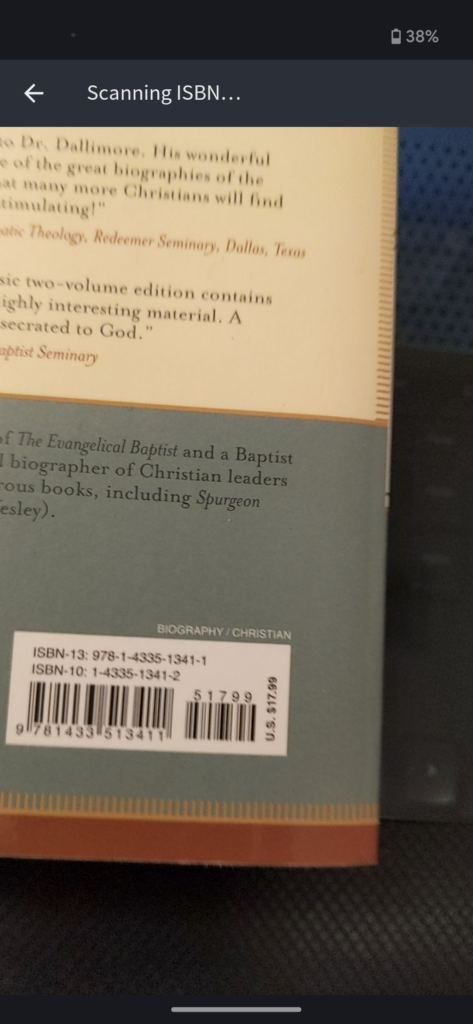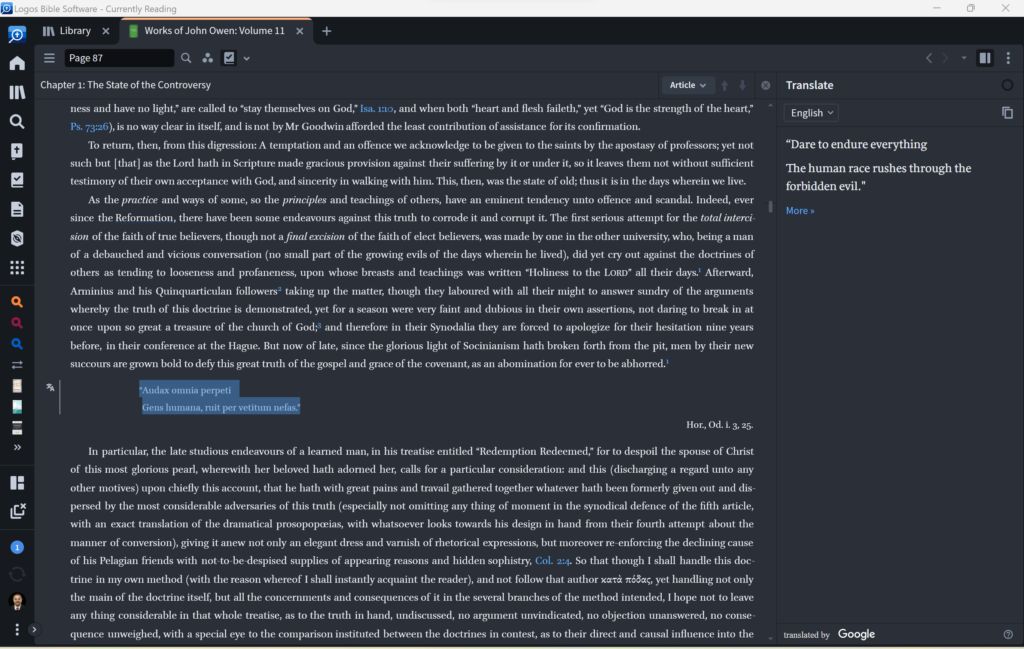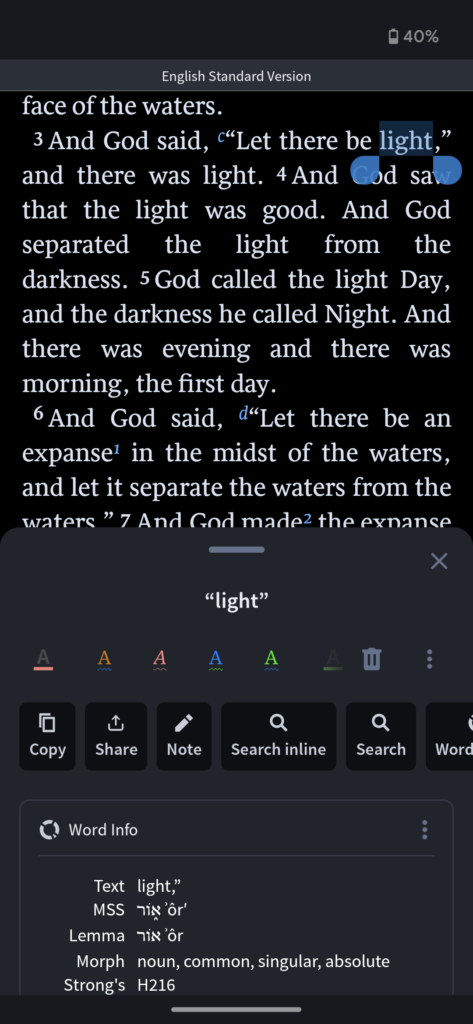There are numerous strengths to this book. Chase clearly holds a high view of the Scripture’s authority and inerrancy. He desires to have a hermeneutic derived from the Bible. Chase also has a healthy respect for the history of interpretation within the church.
The historical surveys of typological and allegorical exegesis are the weakest part of the book. For instance, in surveying patristic examples of typology, Chase notes that the flood and the ark are frequently referred to in patristic typology, but he only provides two references to patristic typological use of these passages. Furthermore, Chase does not provide an evaluation. Does he think that the eight people symbolize the eighth day, the day of resurrection? Does he think that the wood of the ark signifies the wood of the cross? (And does he think this is typology or allegory?)
When he moves into the Middle Ages, Chase doesn’t adequately account for (though he does acknowledge) the move away from allegorical interpretation to a focus on the literal sense. There are four reasons that the literal sense gained ground in the medieval period: First, heretical groups were able to exploit allegorical interpretation to further their theological agendas, and a focus on the grounding role of the literal sense became key to responding to these groups. Second, the greater appreciation for Aristotle led to a greater appreciation for the present world; there was a greater appreciation for the value of the literal sense and less of a need for it to point beyond this world to have value. Third, there was a greater interest in the history of salvation that increased appreciation for the literal sense. Fourth, a dialectical method of raising questions about the text and using logic to provide the answers began to supplant older methods of spiritual interpretation (see Healey, “Introduction,” in Weinandy, et al., Aquinas on Scripture, 8; Smalley, The Study of the Bible in the Middle Ages, 284-85). Chase often justifies typological and allegorical exegesis by an appeal to the “Great Tradition,” but this “Great Tradition” is not a static thing. A defense of the recovery of allegorical interpretation must take into account the reasons that medieval interpreters began to move away from it and why many of the Reformers were hostile to it.
I think the weaknesses in this book can be attributed, in part, to the fact that the mentors Chase chose (as indicated by the footnotes) are not reliable guides. Peter Leithart, Craig Carter, and Han Boersma recur frequently in the footnotes. Carter, however, seems sloppy in his historical work, often making broad, unwarranted claims and indefensible antitheses. Peter Leithart, aside from his doctrinal errors regarding justification, has an exegetical imagination that is too often creative rather than textually rooted. He exemplifies the problem with allegorical interpretation, even if there are some exegetical gems that can be found in the mass of unwarranted claims. Carlton Wynne insightfully critiques both Carter and Boersma: “upon careful review, it must be concluded that the metaphysical project underpinning each of these works and, therefore, the views these works espouse, conflict with the best of Reformed theology at central points…. Unfortunately, rather than elucidate these tenets of Reformed theology, Boersma and Carter’s retrievals of patristic and medieval concepts too often obscure and even deny them. As a result, for those who seek to follow the “deeper Protestant conception” (to use the language of Geerhardus Vos), their books should prompt Christians to shun, rather than to embrace, Christian Platonism as harboring unbiblical Neoplatonic influences and to hold firmly to biblical theism as expounded in Reformed confessionalism” (Themelios 44, no. 1 [2019]: 171).











